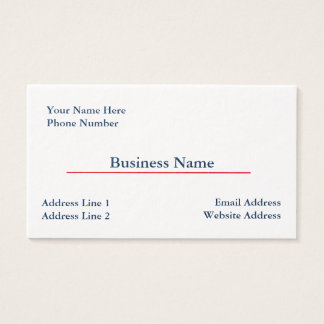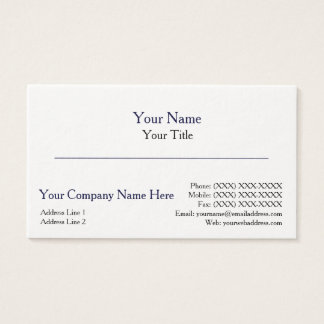Customers change, too. Their priorities, the devices they use, and their expectations for brand values are constantly adapting to new environments and opportunities.
Many marketing tactics that used to be popular are now considered outdated in the face of new advancements: think traditional newsletters and brochures, snail mail, and even billboards and trade shows. But, in some cases, these so-called “outdated” tactics have actually just been misused. Oftentimes these strategies were not optimized for customers and their needs, or were poorly implemented.
If outdated strategies are utilized in fresh, new ways that address today’s customers, these tactics can be very successful. Check out the following examples:
1. QR codes
Remember those black and white square barcodes that businesses featured in advertisements? The ones you could scan with your smartphone and the encoded address or action would be accessed automatically?
QR codes were a popular marketing tactic during the early 2000s, but they were riddled with problems. They suffered from poor placement, with ads displayed in subway stations on the wrong side of the tracks, or flashed on TV commercials for only a few seconds of air time. In many cases, they also weren’t optimized for users, with codes leading to broken links, irrelevant landing pages, or generic corporate websites that weren’t targeted to the specific user. They also weren’t intuitive to use. Many users were deterred by the process of downloading a separate QR scanning app, and gave up before even trying.
Some marketers may say QR codes are outdated, but QR codes have been implemented recently by several major businesses in new and improved ways. One example is Snapcodes—QR codes incorporated into the Snapchat user experience. Users can scan them to add a new friend, unlock fun Face Lenses and World Lenses, or even create their own Snapcode to link friends to any website of their choosing.
Another example is Spotify, which implemented QR codes to enable users and artists to share their music more easily with others. Other social mobile apps such as Venmo and Facebook Messenger also have implemented QR codes, and Bird—the dockless electric scooter company taking over many U.S. cities—requires a user to scan a QR code in order to start riding.
It’s clear that QR codes are not dead; they just need to be used in the right way. If you plan on including them in your marketing strategy, make sure they are accessible, optimized for mobile, and will enhance your users’ experience. Draw in your customers with an implementation that makes their lives easier, and you’ll be rewarded, too.
2. SEO
The reputation of search engine optimization (or SEO) has been tarnished over the years by “black hat” techniques, which ultimately hurt a brand’s Google rankings and image. Whether it’s keyword stuffing, massive link building, or churning out constant or irrelevant content around keywords, not only do these tactics ultimately signal to search engines you’re trying to trick their algorithms, but it discourages site visitors from reading and engaging with your content.
While these bad tactics are outdated, good SEO can be very successful if implemented in the right way. You can still develop content around keywords, but only choose a few and don’t overdo it. Instead of spitting out tons of content, focus on going more in-depth and putting more promotion behind your posts. Create content that will give you valuable natural backlinks, rather than taking shortcuts that could sacrifice your content quality and brand image. Look beyond the Google Keyword Planner and do keyword research on Reddit or Wikipedia, or with tools like SeedKeywords.
If you approach SEO the right way, this marketing tactic can work wonders for your business.
3. Brand taglines
A brand’s tagline (or slogan/motto) used to be the foundation of its image. Almost every major brand had one, and it was the primary method to make a brand different, memorable, and liked.
Today, customer priorities have changed and their attention spans have gotten shorter. They are constantly bombarded with branding and information, and prefer short, digestible content. Additionally, most brands today are distinguished less by products and features, and more by their values and personality. In the face of all of these changes, taglines are perceived among marketers as a tactic of the past.
Although the tagline itself may be outdated, the principle behind it remains very useful. Using succinct and direct messaging can still be a powerful way to connect with potential customers.
Try using a hashtag to define your brand. Not only are hashtags optimized for mobile, they also will increase your likelihood of being found on social media. Nike successfully implemented this tactic by turning its tagline into a hashtag: #justdoit, which is included in all of its tweets and Instagram captions.
Also, now that marketing has become as much about values as it is about products, consider turning your tagline into a mission statement. TOMS shoes has implemented this tactic with its short and memorable “One for One” mission statement, which promises to help a person in need every time a TOMS’ product is purchased.
Think outside the box
By thinking outside the box and approaching “outdated” tactics from a different angle, you can find new and effective ways to connect with your target audience.





No comments:
Post a Comment